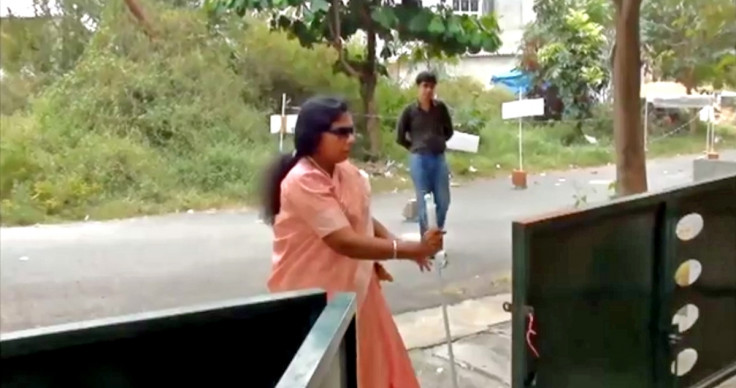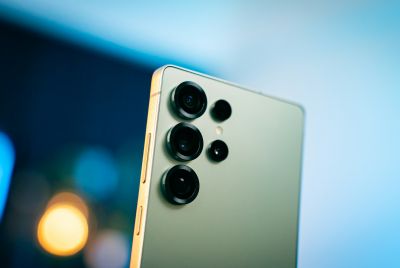SmartCane: A Smart Walking Stick That Uses Sonar To Guide Blind People

We've got smartphones, smart watches, smart home appliances, so why not a smart walking cane? Well now computer engineers at the Indian Institute of Technology Delhi (IITD) have invented a light, affordable device that uses ultrasound to guide blind people around cities.
Costing only 3,000 Rupees (£29) and powered by a lithium-ion battery that lasts 10 hours, the SmartCane is a device inspired by the skills of dolphins and bats, which attaches onto the end of a normal white cane.

The animals emit sonar calls and wait to hear the echoes bouncing back from objects and obstacles to help them navigate underwater and in the air.
While regular white canes are only able to detect obstacles up to knee height, the SmartCane uses ultrasound waves to scan a 45-degree span above the knee, and contains sensors able to detect obstacles that are up to three metres away.
When obstacles are detected, the devices send different sets of vibrations through the cane to tell the user whether they should turn left or right away from the obstacle, and can even detect obstacles at head height.
Helping the blind in India
Originally started as a student project at the IITD in 2005, the project has been funded by several organisations, including the UK's Wellcome Trust, in a move to work towards developing affordable medical technology to help people with visual impairment.
"Blindness is not just a medical condition but possesses the larger dimensions of social exclusion, stigma and neglect," said Dr Rohan Paul of the Assistive Technologies Group IITD.
"Blind people are often taken by surprise by over-hanging branches, protruding air-conditioners and parked vehicles while navigating through unfamiliar terrain."
According to the World Health Organisation, there are 285 million people estimated to be visually impaired worldwide and 90% of them live in developing countries.
There are 12 million people in India with blindness, the greatest number for any country in the world, according to 2011 census data.
At least 150 people took part in extensive field trials with SmartCane and the product is now being made available to people in India.
Many of the potential beneficiaries are unable to afford 3,000 Rupees, however, so the company is looking for donors to pledge money to subsidise up to 2,600 Rupees for each walking stick.
© Copyright IBTimes 2025. All rights reserved.





















